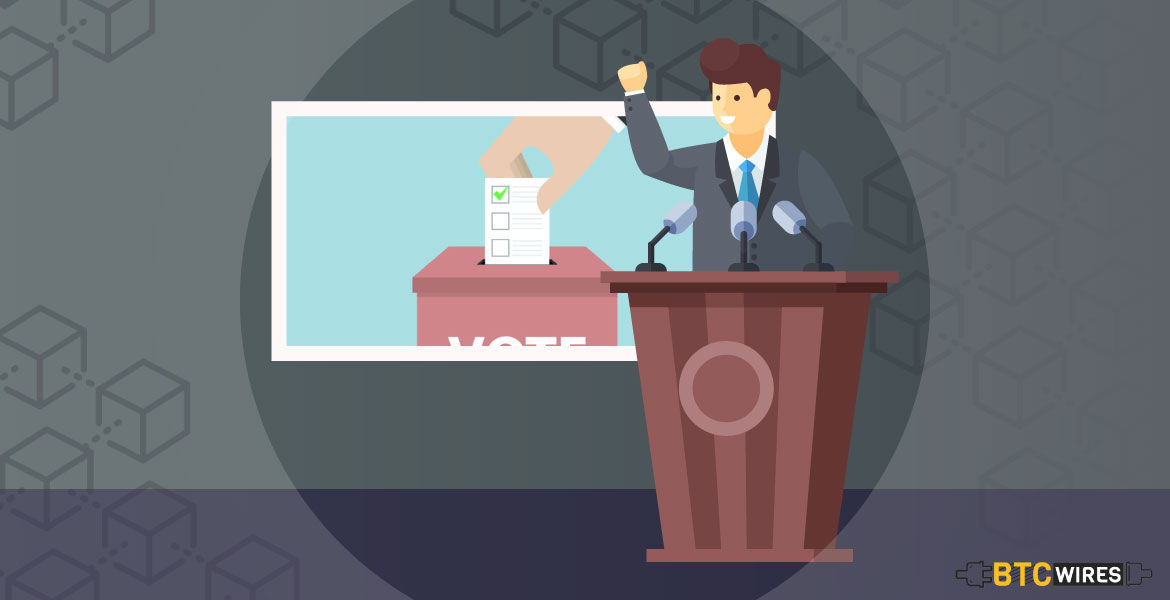It is a running joke amongst many netizens, that democracy

It is a running joke amongst many netizens, that democracy is the biggest lie in todays world.
Often considered a farce, democracy is an elusive concept, and elections are considered the most accurate tool of letting an individual exercise their democratic rights.
But are elections really fare? Debatable.
In many countries, elections are rigged and the outcomes are tainted or biased. People are robbed of their democratic right to elect their leader. What can be done in that case?
Blockchain, the revolutionary technology that has disrupted many sectors, can ensure that elections become more transparent in the days to come.
How? Let’s find out.
The Problem
In many countries, elections become violent and votes are tampered with. Often, the Electronic Voting Machine is rigged and votes are not registered correctly.
Voter fraud and boost turnout has been a legitimate problem that makes for a disproportionate voter count. Also double votes are becoming more and more frequent.
For people residing far away from the voting centres, and for those living abroad, it becomes inconvenient to be physically present at the centre and cast their vote.
In places like India, voter turnout is often diminished due to concerns about violence. People refuse to turn up to vote, because they fear being beaten up by goons.
The Solutions
Blockchain can help ameliorate a lot of the problems mentioned above.
To begin with, if the voting process becomes digitized and transparent, it will solve a lot of problems that exist currently.
The entire process will become more secure, since tampering with votes recorded on the blockchain will not be possible.
People will not have to be present physically to record their votes. So people can vote from their phones, without spending their time, money or energy to travel all the way to the voting centres. This will be a boon for those residing abroad.
The government can also majorly cut down on the costs of setting up and executing the entire election process, which will become much more streamlined.
Case Studies
The state of West Virginia conducted a successful pilot of remote blockchain voting, during the US Midterm Elections in 2018.
The Secretary of State of the U.S. state of West Virginia Mac Warner reported that 144 military personnel stationed overseas from 24 counties, cast their ballots on a mobile, blockchain-based platform called Voatz. He further added:
“This is a first-in-the-nation project that allowed uniformed services members and overseas citizens to use a mobile application to cast a ballot secured by blockchain technology.”
Thus Blockchain can prove to be an extremely viable and effectively alternative to the current system of elections.

